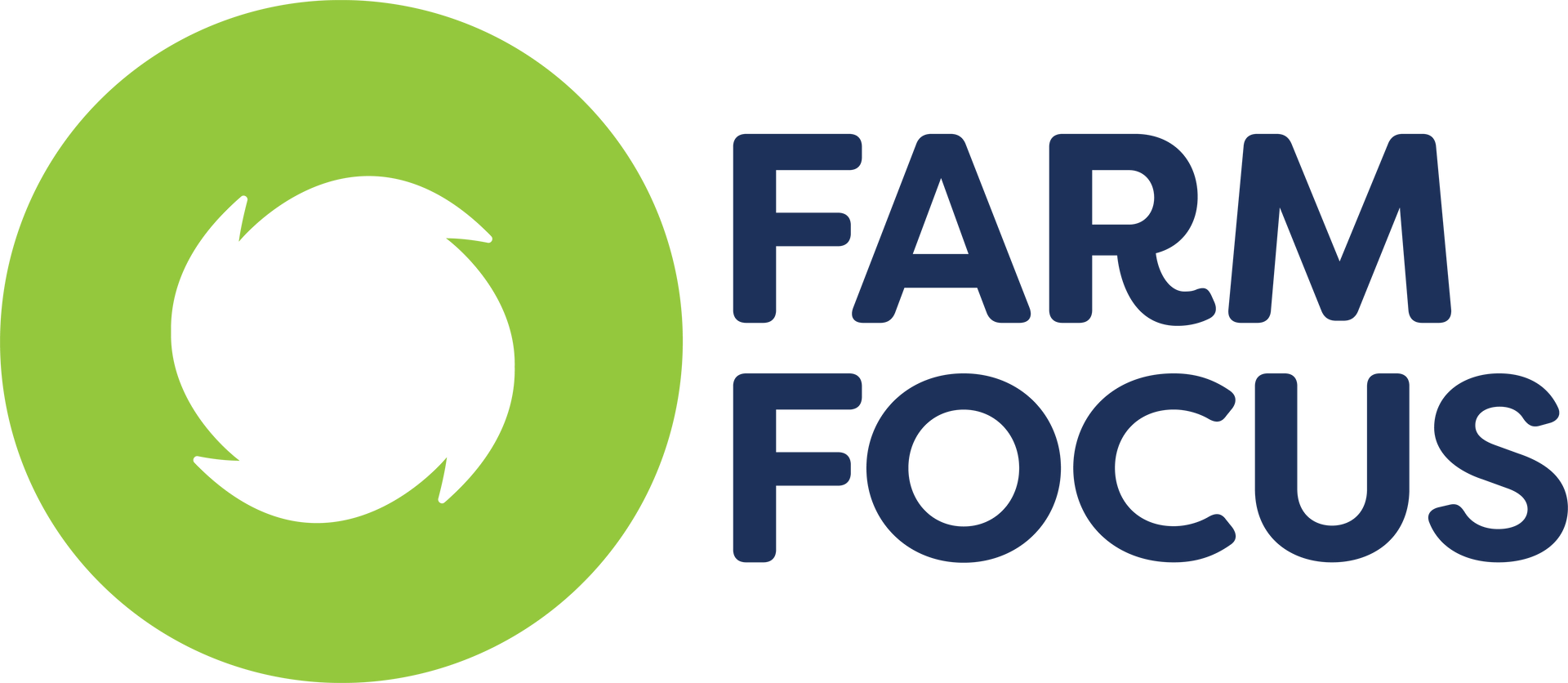Some past outrageous tax expense claims
What you can claim as a tax deduction is based on legislation and case law. The law is "Income Tax Act 2007" (plus amendments and related regulations) and has two parts that need to be considered:
Section DA 1: The General Permission Test – expenditure incurred in deriving business income.
Section DA2: The Private Limitation Test – that is spending that is not of a private or domestic nature.
Expenditure deductions must be necessarily incurred in production of assessable income and not private in nature. The legislation is a very thick volume, and new amendments to the Income Tax Act 2007 and a raft of amendment acts are passed on a regular basis. To keep on top of the legislative changes takes many hours of what some might call unproductive time to be spent to remain informed. When we know the legislation, we can advise appropriately to ensure our clients do not take an unacceptable tax position resulting in back taxes, penalties and use of money interest. In extreme cases of tax ignorance, this can result in jail time.
Some quick examples I can recall of things that have been attempted to be claimed that could have resulted in the aforementioned back taxes and penalties if we had not advised against:
· Glasses – Needed to see of course, however, by the same nature, if you had heart surgery then you should be able to claim the many thousand-dollar surgeons bill. You need to live to pay tax of course. However, a private limitation would override the claim.
· Motorised Sheep Dip Stirrer – sounded reasonable until it turned out to be a Honda 150 HP motor. The motor was powerful enough to propel the boat at the lake by the way.
· Business clothes are generally not claimable. They may be necessary for modesty but that is a private limitation. There are two exceptions. Firstly if the clothes are a uniform, branded and a requirement to be worn by all in the business and not something, that would be suitable to wear on the weekends. Secondly, protective in nature. Protective clothing is prescribed and includes steel cap boots, gumboots, gloves and rainwear.
· You can't claim your lunch. Yes, you need it to live to earn money to pay taxes, but again a private limitation. If you are entertaining in the course of business, taking a client out to lunch, or suppliers to a rugby match, that has a whole set of rules and usually only 50% deductible.
· Doctors bills and physio. This is private expenditure. The main reason for this expenditure is for your health or wellbeing.
· Flu Injections for staff - The flu injection relates to health and safety and has a specific legislation authoritative support to enable a claim and be exempt from fringe benefit tax.
· Illegal activities are not tax deductable. This includes all fines, whether they be for speeding, overstayed parking or for overloading.
· Sky TV, if you are a farmer and need it for the weather channel perhaps. However, you would need to apportion the total cost for the non business related channels.
What you can and can't claim is not always straight forward and each situation is different. If in doubt, it pays to ask your accountant ~ someone who knows.







